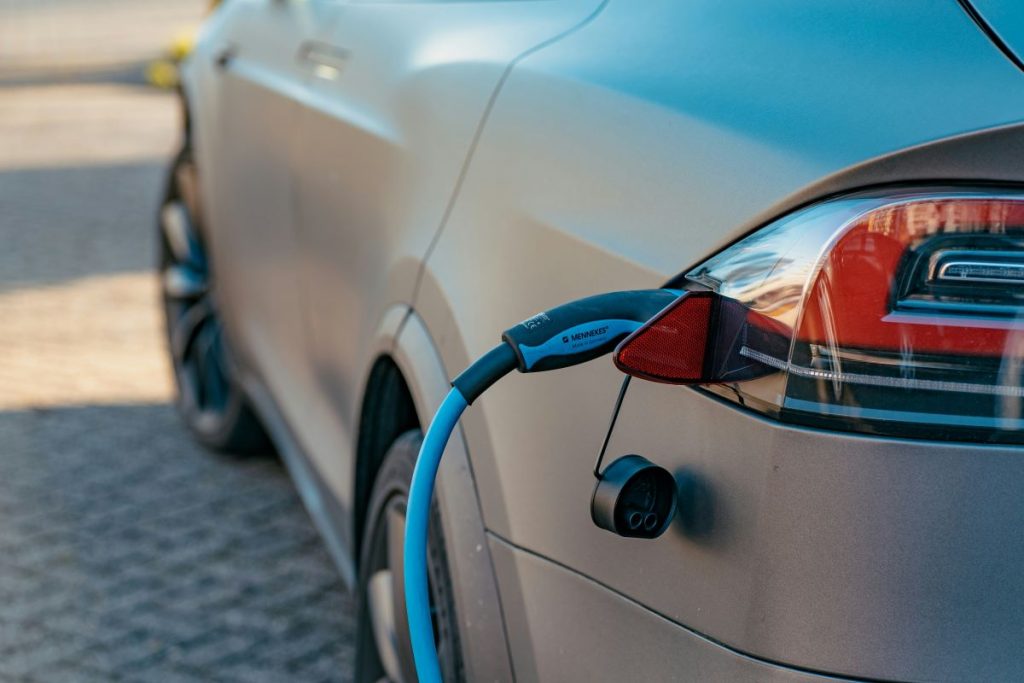As Europe enacts tariffs up to 45% on Chinese electric vehicles, trade tensions rise amid fears of Chinese retaliation and economic fallout.
The European Union has escalated its trade standoff with China by imposing higher tariffs on electric vehicles (EVs) imported from the country. Announced on October 29, the new tariffs—ranging from 8% to 45%—target Chinese automakers and could spark reciprocal measures from Beijing, raising risks for European industries beyond the automotive sector.
Europe’s Push Against Subsidized Competition
The EU’s decision reflects growing concern over China’s rapid EV industry growth, particularly from heavily subsidized companies like BYD, now among the world’s top automakers. European manufacturers, already under pressure, have warned of potential repercussions. Although companies like Mercedes-Benz and BMW lobbied against the tariffs to safeguard their own Chinese market access, the EU ultimately decided to counteract what it considers unfair competition.
Chinese automakers, including SAIC Motor Corp., face some of the steepest tariffs. Beijing’s Ministry of Commerce expressed disappointment and has signaled potential retaliation, which could include blocking European exports or restricting investment in member states backing the tariffs. Chinese negotiators have been working with Brussels on alternatives, like price control mechanisms, but the EU’s stringent requirements have slowed progress. Talks continue, with hopes for a resolution that prevents a further breakdown in trade relations valued at $799 billion in 2023.
China’s Potential Retaliation: Exports, Resources, and Beyond
China’s immediate response to the EU tariffs has been cautious, but it has made retaliatory threats. Recently, Chinese officials hinted at reinstating a higher tariff on European vehicles and have warned of further measures impacting European exports like dairy, pork, and alcoholic beverages. In a more extreme move, China could restrict raw materials exports to the EU, as it did with rare earth minerals during a past dispute with Japan, which could severely impact EU manufacturers.
Chinese trade bodies have cautioned local EV makers to halt European expansion plans amid the tariff dispute, a sentiment echoed in state media channels, hinting that a European market exit might be on the table if diplomatic tensions worsen. Adding another layer of complexity, the impending U.S. elections could introduce a third party to the standoff; a U.S. administration with a more protectionist stance might push for even stricter tariffs against both China and the EU, influencing ongoing EU-China negotiations.
As Brussels and Beijing navigate this escalating trade dispute, the next moves may rest on post-election shifts across the Atlantic, keeping the future of the global EV market in a tense state of uncertainty.







